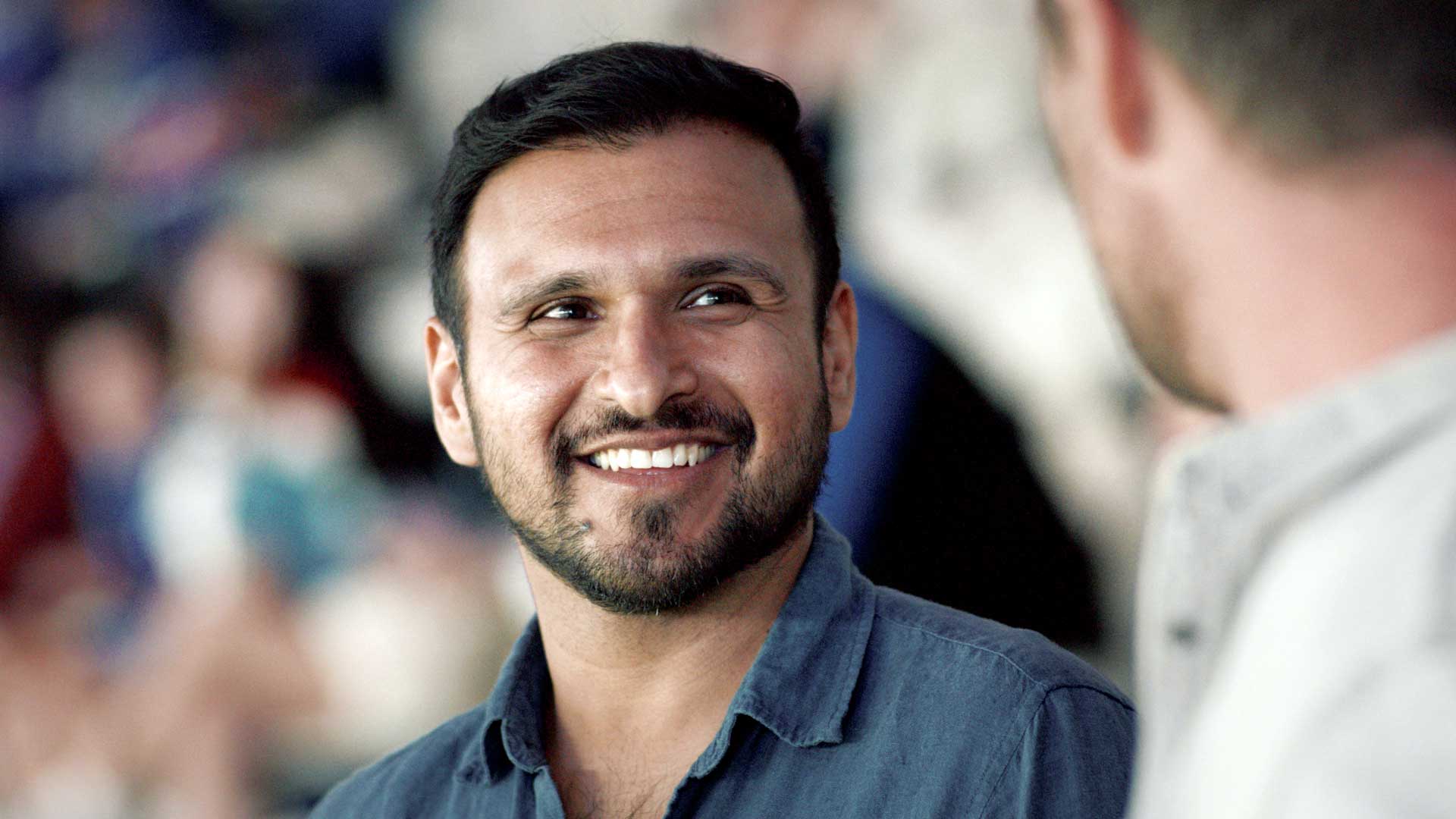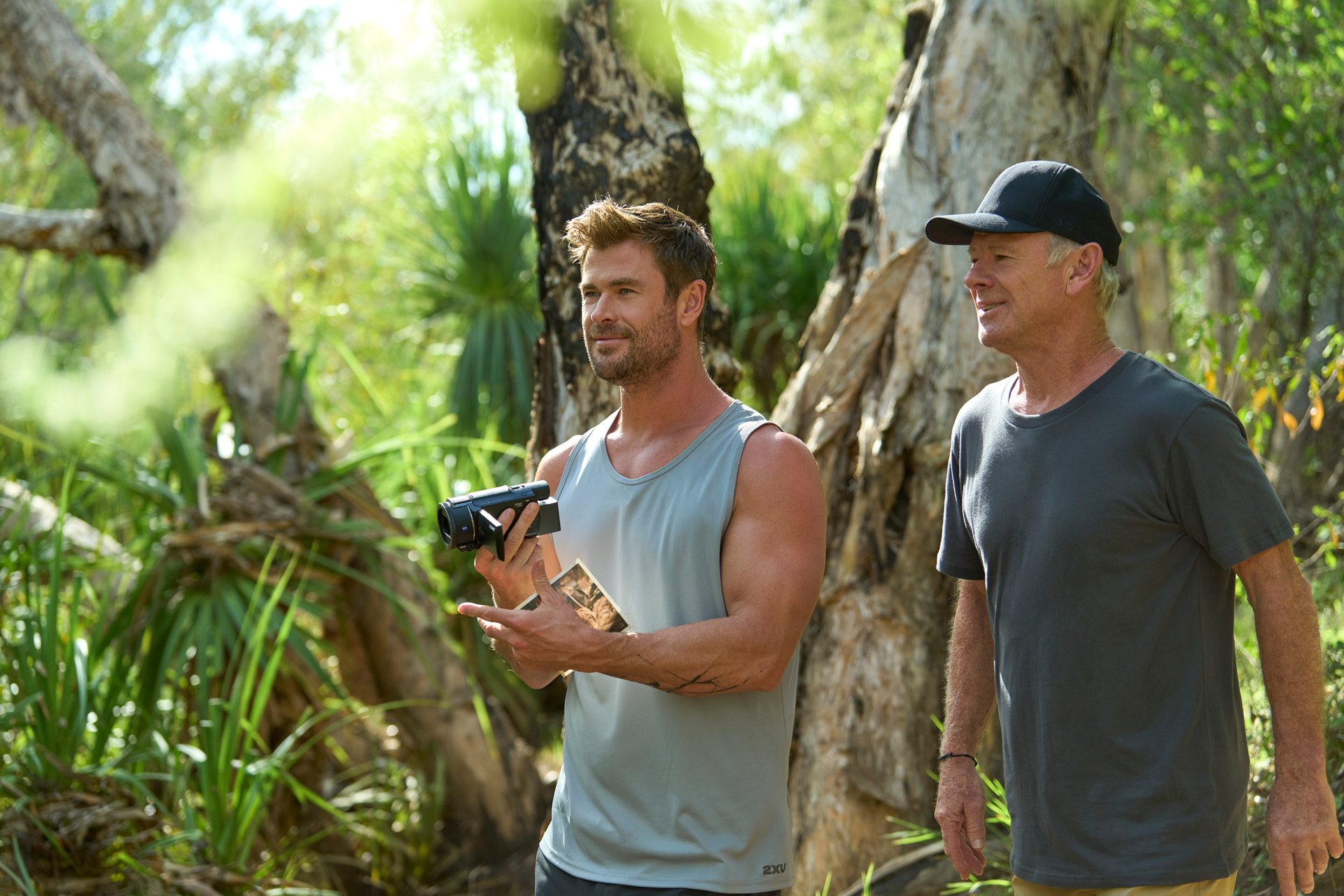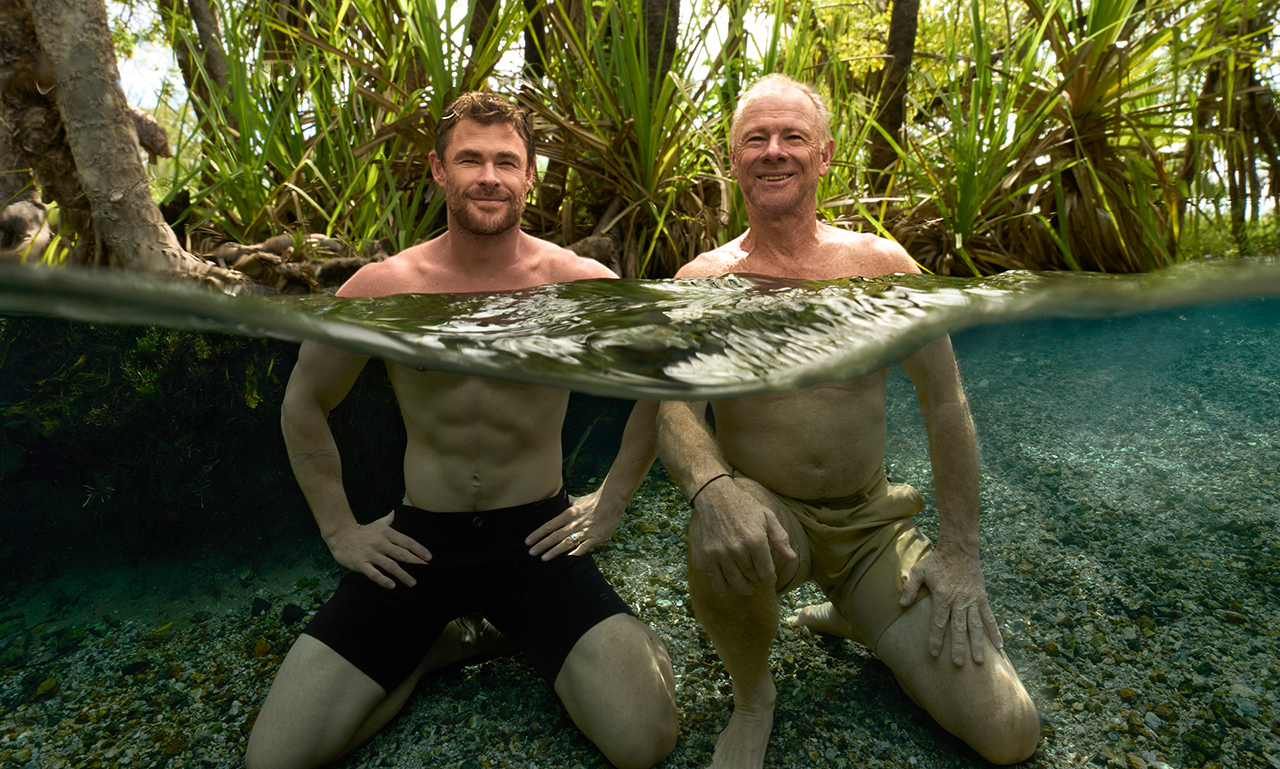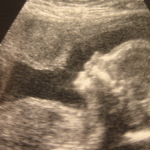In the documentary ‘A Road Trip To Remember’, Chris Hemsworth and his recently dementia-diagnosed father take a road trip back through their past, while exploring social connection and reminiscence therapy using the advice of Dr. Suraj Samtani from UNSW’s Centre for Healthy Brain Ageing.

Dr. Suraj Samtani is Lecturer & Postdoctoral Research Fellow at the Centre for Healthy Brain Ageing, University of New South Wales. Dr. Samtani’s most recent co-authored paper followed 851 Australian adults aged 70+ over 12 years to assess whether social frailty – measured using five different indices – can predict incident dementia. The best predictor was the Shah index, which has now been used by Dr Samtani and his team to develop a five-minute survey which aims to predict the risk of dementia.
The Chris Hemsworth documentary
Dr. Samtani also advises Chris Hemsworth and his family in a one-hour documentary ‘A Road Trip To Remember’, which follows Chris and his recently dementia-diagnosed father on a road trip back through their past, while exploring social connection and reminiscence therapy – methods to stimulate mental activity, evoke memories and improve well-being, as tools in the fight against memory loss and cognitive decline. The documentary is now screening in Australia on Disney+. All images here courtesy National Geographic/Craig Parry.

We spoke with Dr. Samtani (above) about both the research, and being involved in the film.
Australian Science Illustrated: Based on your recent research, you’ve developed a five-minute assessment test for socially frailty?
Dr. Suraj Samtani: So we are dementia researchers at the Centre for Healthy Brain Ageing (CHeBA) at UNSW Sydney, and we’re world leaders in dementia research and social connections. And this paper on social frailty really highlights the importance of social health in dementia prevention.
As you know, we tend to focus mostly on staying physically and mentally active, but there isn’t enough public awareness or screening to do with social health; that tends to get ignored. And what we really wanted to do was to evaluate whether there could be a quick screening that a GP or physician could do, because they’re always going to check your blood pressure and cholesterol, but they might not ask you about social health, and they might not know which aspects of social health are important for dementia prevention.
And that’s why this is so important, to have a quick five minute check of social health that takes away the uncertainty and gives you predictive power.
ASI: Looking at the paper, presumably this ended up being based on the amended Shah index.
Dr Suraj: That’s right. So we compared the Shah index with other social frailty indices, and this one was the strongest predictor of dementia. And what I really like about the Shah index is it not only asks about social activities and how frequent they are, but also asks about satisfaction with those relationships, because we know how important is the quality of relationships, and it also asks about volunteering – as we know, giving to others is a good way of looking after ourselves and our health.
ASI: So just to clarify, this test is intended as a clinical tool for GPs and specialists. It’s not something you’re putting out as an app that you can just do yourself?
Dr. Suraj: No, this is for GPs and specialists to go through a quick screen and ask relevant questions to identify if you’re a higher risk for dementia, and it might be very relevant to do when you suspect that someone might have a family history or might be really isolated. It’s really important that GPs are asking these questions and not just focusing on physical health. It’s really key that GPs are not only taking an interest in dementia, which I see more and more GPs doing, but also asking about psychosocial health.
ASI: In the study, financial dissatisfaction was probably the single largest correlate of dementia risk. That’s hard to handle medically.
Dr. Suraj: It is something that is hard to handle medically, but it raises issues that policy makers need to grapple with. And at CHeBA we are now looking at structural and socioeconomic risk factors for dementia, and we’ve set up a group called the Sydney Brain Health Equity Lab, where we’re looking at the walkability of your neighbourhood, your occupation, your income, the opportunities that you get. And it’s really important to address those broader changes because it’s not all about the individual, and it’s really unfair to lay all the onus and blame on the individual. It’s as a society as a whole that we need to make sure that people are on the right path, and they have the places and spaces to keep their brains healthy.
ASI: In your paper, there’s also an obvious reverse causation here: people tend to isolate socially when cognitive decline begins. Does that reverse causality. complicate the equation, as it were?
Dr. Suraj: It definitely complicates the equation, because we know that when we start to experience changes in our thinking and memory, we lose confidence and we withdraw. And that’s what I see a lot as a clinical psychologist. And that’s why I’m currently doing a study funded by Dementia Australia to reduce loneliness in people with mild cognitive decline and people living with dementia.
ASI: And you have an ‘AI’ to combat loneliness?
Dr. Suraj: This is another trial, which is the AI companion trial at Leigh Place in Roselands [south-west Sydney]. We’re trialling out this new technology for people who don’t get visitors, and we found people having one-hour, two-hour-long conversations and talking more than they’ve talked in the last few months because no one’s been visiting them.
ASI: There are obvious dangers of large language models and hallucinatory AIs dealing with mental health, those sort of issues? How is this likely to develop?
Dr. Suraj: Well, this is not an off-the-shelf technology that we’re using; we have spent a few years co-designing this; we partnered with the Big Anxiety Research Centre at UNSW, so it’s a bespoke technology, designed to offer cognitive stimulation and emotional support for people living with dementia. And we are very curious to see whether we can improve people’s wellbeing, reduce loneliness, improve connections.

ASI: So how did you become involved with Chris Hemsworth and ‘A Road Trip to Remember’?
Dr. Suraj: I received an email one day from National Geographic asking if I wanted to be a scientific advisor on a documentary with Chris Hemsworth – I honestly thought it was spam, I almost right-clicked and reported it, I’d just done my cyber security training! But I Googled it and I thought, oh my gosh, this is actually real. Then I was screen tested and interviewed and, yes, lucky to be chosen to advise Chris and his family and film with them.

ASI: What do you think the film teaches us about dementia?
Dr. Suraj: The film teaches us that dementia is a very common experience. It affects 57 million people in the world. And, you know, it teaches us what it looks like, what some of the early changes are like, and just how important it is to have a heart-to-heart connection and conversation with those you love about what the changes are. And that’s what’s beautiful about this.
ASI: That was one thing that was obvious from the film – that it was very difficult to talk about it. Chris and his dad didn’t really talk about it until the filmmakers sat them down and pushed them to it. Is that one of the problems?
Dr. Suraj: Well, that is a problem, in that we have such stigma around dementia and so much misunderstanding around what it is. But what we really need people to know is that it is a neuro-degenerative condition, that half its risk is genetic, and the other half is things that we can modify. So I want people to know there is actually hope you can delay dementia by being socially, mentally and physically active. And it’s really important to have those important conversations, and be honest and vulnerable.
Interview: Jez Ford






